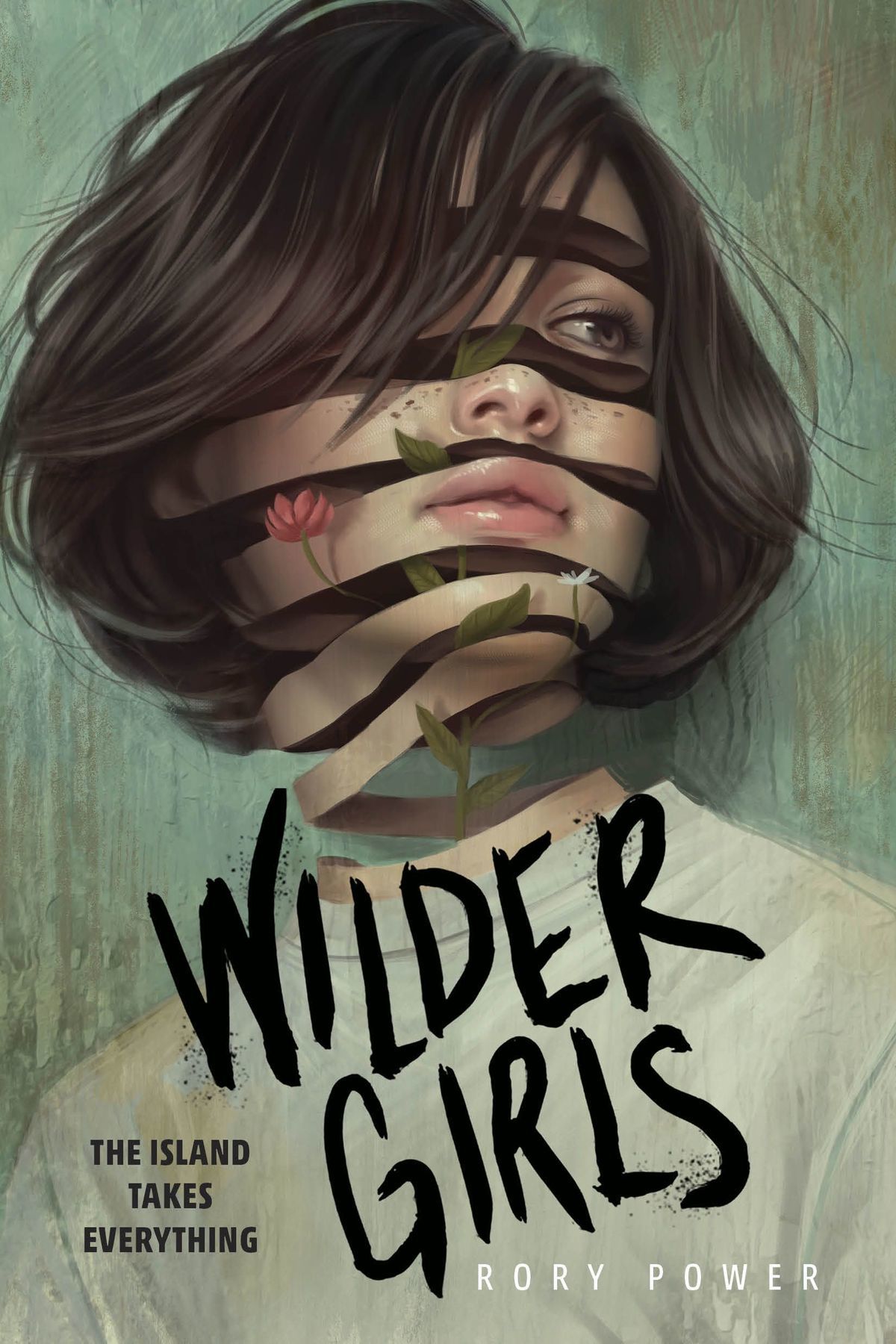
Wilder Girls
Rory Power (2019)
I started reading this book as a way to pass my time on my commutes to and from the
inner city after I heard it recommended as a sapphic retelling of Lord of the Flies, and
it took me a while to get through due to being so busy.
I feel as though the Lord of the Flies description is a bit of a misnomer. Certainly
inspired, but it's not really one-to-one in many regards, in my opinion. The sapphic
part was also played up significantly by a lot of reviewers even though it was a
more minor thread in the wider plot, but was nonetheless something that drove a lot
of the character dynamics and motivations, particularly within the trio of heroines.
I feel like this kind of thing is a result of the rise of booktok, categorising
stories based on certain points instead of their main plot. Annoying, but that has
no bearing on the quality of the book itself.
To give a brief, spoiler-free summary of how I feel about it: I personally rather
enjoyed this book and found it to be a neat read while travelling around. Not the
greatest thing since sliced bread, but still something that very much caught my
attention due to the setting, immersion and fascinating (almost topical, given that
it was released prior to the global pandemic) manner in which Power frames the
events through the eyes of teen girls. Characters were a little hard to relate to at
times, but that's par for the course when you're an adult reading something marketed
as YA literature— it is something I definitely would've been incredibly eager
to talk about while I was still in high school and having messy homosexual
relationships of my own, though.
Would not recommend this text to those who are particularly weak to body horror,
death and gore, or those who want a lighthearted and fun read. If that's something
you're keen on, then go for it.
Spoilers
I think the biggest complaint I've seen people have with this text is the fact that
the ending is ambiguous and leaves a lot unanswered. I can't say I agree with this.
Maybe this is just me being a bit pretentious since I personally enjoy studying
forms of literature which make use of non-linear timelines and non-cemented endings,
but I think the fact that many threads being left untied at the end isn't
necessarily a bad thing, and in fact add depth to the story. I'll be honest, did we
really need to sit there and have our hands held through a detailed explanation
about curing the Tox? Do we really need to know every last detail of what happened
once the girls reached the mainland, and about the girls who were left? I think the
imagery of the three of them adrift at sea in their little boat, reunited once more
after going through hell, is sturdy enough as an ending on its own. If anything, it
almost reads like a metaphor for becoming a woman to me— going through some of
the most horrific changes in your life that can make you painfully aware of your
body in relation to others, only to come out bloodied and adrift with a fraction of
the friends you'd made during your time on that metaphorical island of girlhood.
Though, I might just be reading into it too hard. This IS YA lit, after
all.
I also don't particularly care for Teddy or the fact he was romantically involved
with one of our female leads, but I found the way in which Byatt became attached
to him during her time as a test subject to be incredibly fascinating. Clinging
to someone who (seems to) understand you, only to have them torn away due to
severe illness, is a heart wrenching thing to go through for someone who must've
been as lonely as Byatt at that point in the story. I do also like that their
relationship was used as a way to somewhat tip-off the audience as to what the
Tox truly is. The trail of crumbs left throughout the text about the Tox's
nature and what the Navy/CDC are up to is really neat too, and Welch's treatment
as a red herring to throw the reader off the trail of the Headmistress was
pretty clever.


